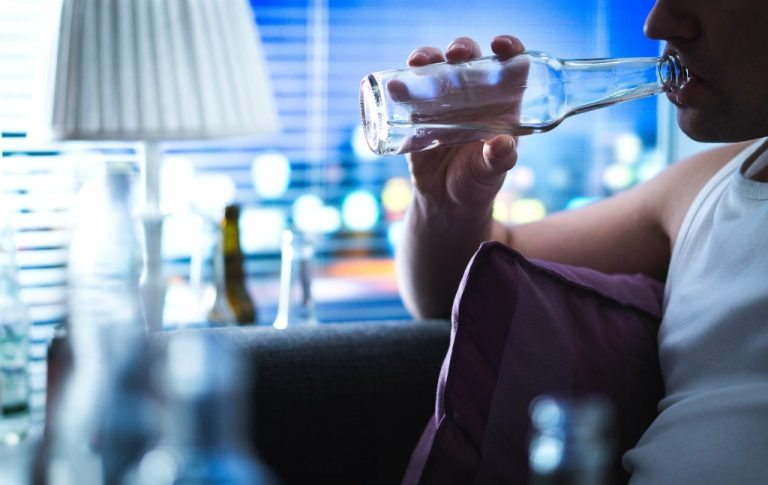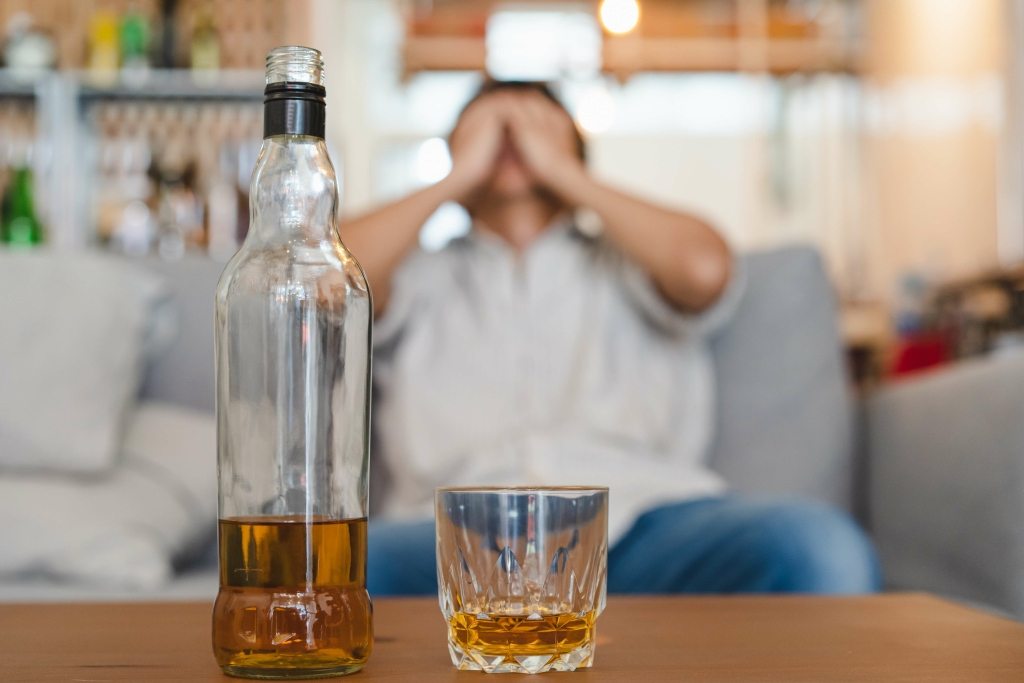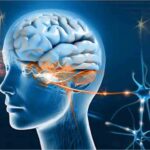The discomfort may be mild or severe and manifest on one or both sides of the body. If someone close to you is struggling with alcohol abuse, here’s how you can offer meaningful support to help your alcoholic friend on the path to recovery. Are dedicated to caring for patients suffering from kidney disease. When you’re concerned about your kidney health, Milwaukee Nephrologists is your go-to resource.
Can You Flush Your Kidneys After Drinking Alcohol?
Recognising symptoms early and seeking medical advice can prevent irreversible kidney damage. Untreated kidney issues may lead to anemia, gout, high blood pressure, and liver failure. Chronic alcohol use interconnects with liver damage, elevating kidney disease risks. Alcohol disrupts kidney function, alters blood pressure, and induces dehydration, fostering kidney stone formation. Depending on the extent of dehydration, a healthcare professional may give youintravenous (IV) fluids as the most efficient means of helping you rehydrate.
How Long Do Benzodiazepines Stay In Urine?
Quitting alcohol is the first and most important step in allowing the kidneys to heal. For individuals with significant kidney damage, medical treatment and lifestyle changes are essential for supporting recovery. The Ohana Hawaii rehab facility offers evidence-based and holistic treatment options to help individuals address the root causes of alcohol abuse and promote overall kidney health. When you drink alcohol, your kidneys can struggle to function properly as various physiological processes become disrupted.
Take Care of Your Kidneys Now
Learn more about early detection of liver disease and how it’s tightly linked to kidney strain due to toxin overload. This guide unpacks the science behind alcohol-related kidney damage, helps you recognize early warning signs, and outlines proactive steps to protect your long-term health. Even without binge drinking, regularly drinking too much can lead to kidney problems. You may feel flank pain and difficulty or discomfort during urination. Having kidney stones heightens your risk of developing hydronephrosis.
- Alcohol use can increase the risk of glomerulonephritis, a condition in which the kidney’s filtering structures become inflamed and damaged.
- My mom is 80 years old with CKD stage 5 on conservative treatment.
- When alcohol enters the system, it creates additional strain on the kidneys as they work to filter out toxins and maintain the body’s equilibrium.
- The cells in your organs, including your kidneys, can’t function properly.
This is why individuals who quit alcohol may experience kidney discomfort as their body begins to detoxify and heal. Alcohol can also increase the risk of kidney infections, which typically start in the bladder and travel up the ureters to the kidneys. Alcohol impairs the immune system, making it more difficult for our body to fight off infections. Additionally, because alcohol can cause dehydration, this can lead to a higher concentration Twelve-step program of bacteria in the urinary tract, increasing the risk of a urinary tract infection (UTI).

Because of the diuretic effect alcohol has on the kidneys, dehydration can occur. The kidneys are essential in maintaining the body’s fluid levels and are very sensitive to hydration, detecting dehydration by recognizing when electrolyte levels become more concentrated. Dehydration stimulates the kidneys to conserve and produce less fluid. It is also essential to avoid alcohol consumption if you are pregnant, underage, have certain medical conditions, and are taking certain medications.
Need help? Call NKF CARES
Alcohol can impact these functions, as drinking affects your kidneys in many ways. For example, alcohol causes dehydration, which decreases blood flow to the kidneys and makes it more difficult for them to do their job. If you or someone you love is struggling with alcohol use, knowing how it can affect kidney function and health is important. Alcohol use can cause acute kidney damage or an infection that can lead to kidney pain. Although regular or binge drinking might lead to renal problems, moderate drinking should not cause kidney pain. It is advisable to pay attention to it as it is the body’s warning signal of a possibly dangerous medical issue.
In 6-12 months, the kidneys are likely to be functioning at their optimal level, provided there was no severe, irreversible damage before quitting alcohol. Kidney pain should be a distant memory, and overall health markers, such as blood pressure and creatinine levels, should be within normal ranges. This phase is about consolidation—continuing healthy habits to ensure the kidneys remain resilient.
Kidney pain after drinking alcohol could be a symptom of liver disease

Just like other types of alcohol, beer can put unnecessary strain on the kidneys. Even if you don’t think you’ve been drinking excessively over the years, it is still a good idea to cut back on how much you’ve been drinking daily. Here are few tips to help you deal with your drinking problem and avoid pain. Because alcohol can damage the kidneys and the kidneys are needed to filter alcohol, alcohol-related kidney disorders are common. Below are some answers to frequently asked questions about alcohol-induced kidney damage. Individuals who are concerned about their drinking habits can also consult a doctor for guidance on professional help and support.
Seeking help for addiction may feel daunting or even scary, but several organizations can provide support. Alcohol is a toxic substance that can cause dependence alongside a range of other negative health effects. When you or a loved one are ready to embark on the path to recovery, our Recovery Advocates are here, ready to assist.
Addiction
This is the area at the back of your abdomen, under your rib cage on both sides of your spine. Antibiotics are a standard treatment option if you’re experiencing pain due to an infection, such as a urinary tract infection. Therapeutic options might include medication, rehydration, or, in some cases, surgery. At Renaissance Recovery our goal is to provide evidence-based treatment to as many individuals as possible. Give does alcohol affect your kidneys us a call today to verify your insurance coverage or to learn more about paying for addiction treatment.
In advanced cases, fluid buildup from kidney failure can affect the lungs, causing difficulty breathing. Alcohol-related damage can also contribute to heart strain, compounding the issue. Shortness of breath combined with swelling or fatigue may indicate a serious medical emergency. A buildup of waste products in the blood can impair cognitive function, leading to brain fog, difficulty concentrating, or confusion. These neurological symptoms can be subtle at first but often worsen as kidney health declines.








